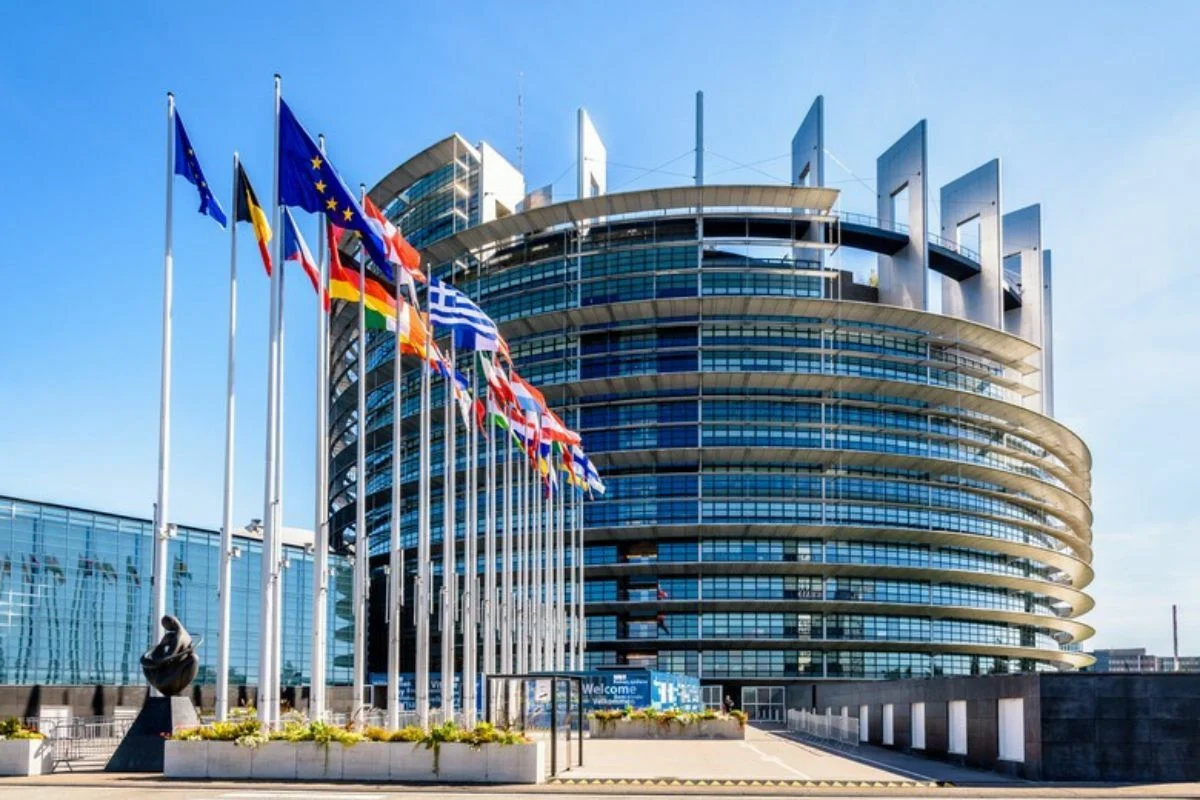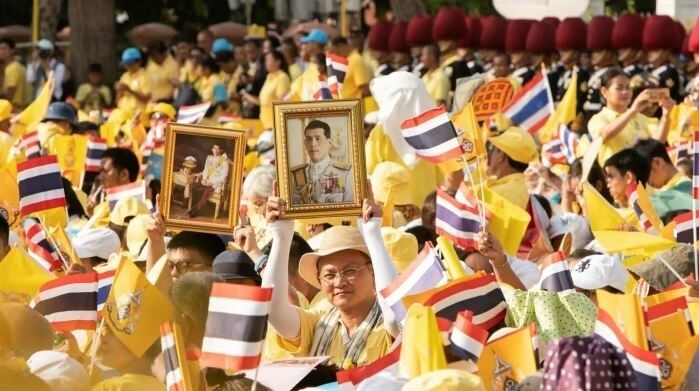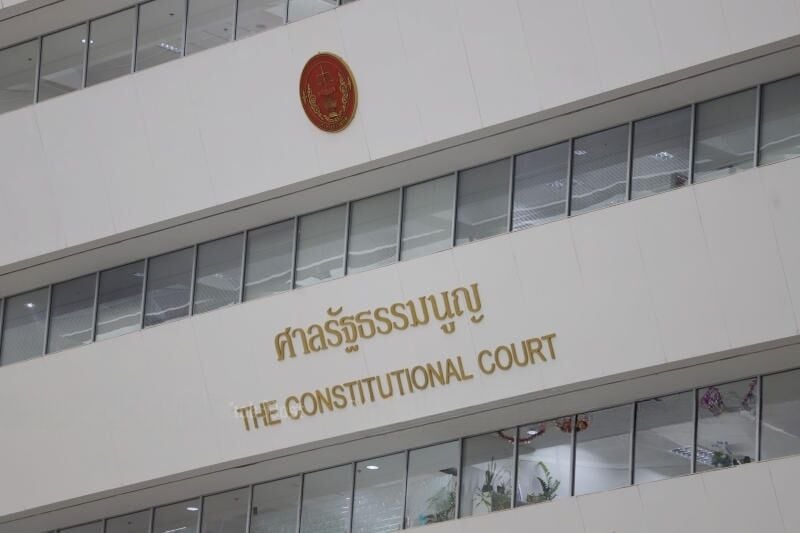EU blasts Thailand over Uyghur deportations and lese-majeste

In a scathing rebuke, the European Parliament passed a resolution condemning Thailand for deporting Uyghur refugees to China and urged the European Commission to pressure Bangkok into reforming its lese-majeste law, releasing political prisoners, and improving human rights standards.
The vote, held yesterday, March 13, saw overwhelming support, with 482 votes in favour, 57 against, and 68 abstentions.
The resolution comes in response to the February 27 deportation of at least 40 Uyghur refugees from Thailand to China, where they face the risk of arbitrary detention, torture, and severe human rights violations.
Many of these individuals had already spent over a decade in Thai immigration detention centres, where at least five Uyghurs, including minors, reportedly died due to inhumane conditions.
The European Parliament’s resolution also highlights concerns over Thailand’s lese-majeste law (Article 112), branding it one of the world’s harshest restrictions on freedom of expression.
Since 2020, over 1,960 pro-democracy activists, journalists, and human rights defenders, some as young as 15, have been charged under repressive laws, including the Sedition Act and the Public Assembly Act. Prominent activists, such as Arnon Nampa and Mongkhon Thirakhot, have received extreme prison sentences, with some facing up to 50 years behind bars.


Adding to the political turmoil, the Thai Constitutional Court recently dissolved the largest opposition party, with 44 of its MPs facing potential lifetime bans for advocating lese-majeste law reforms.
Several politicians, including Piyarat Chongthep, Rakchanok Srinok, and Chonthicha Jangrew, are also facing legal action for their political activities.
The European Parliament’s resolution lays out a series of demands:
- Thailand must halt any further deportations of Uyghur refugees and grant the UNHCR full access to detained asylum seekers.
- China must ensure transparency regarding the deported Uyghurs and allow international monitoring.
- The Thai government should repeal or amend Article 112 and other repressive laws to align with international human rights standards.
- Amnesty should be granted to all MPs, activists, and political prisoners prosecuted under lese-majeste and similar laws.
- The EU must use free trade agreement (FTA) negotiations to pressure Thailand into enacting democratic reforms.
Deputy Prime Minister Phumtham Wechayachai claimed that the Uyghurs had returned to China voluntarily and that Thailand would monitor their situation. Reports suggest Thai politicians may soon allow journalists to visit Xinjiang to assess the conditions of those deported, reported The Nation.
As of March 7, at least 29 people remain imprisoned under Thailand’s lese-majeste law, with 45 political prisoners nationwide, according to Thai Lawyers for Human Rights (TLHR). The European Parliament’s vote is expected to intensify global scrutiny of Thailand’s human rights record.
Latest Thailand News
Follow The Thaiger on Google News:


























